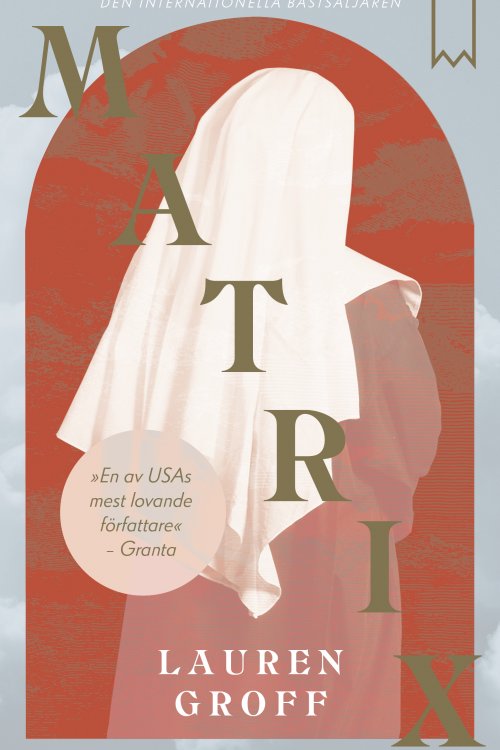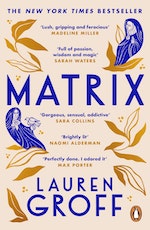

A proud poet-abbess, a rebel nun who loves and craves power, she rules her domain like a philosopher king, or at least a philosopher don – a 12th-century Michael Corleone in a habit and scapular. Marie is ambitious and cunning, protective and nurturing she becomes abbess, and the abbey prospers under her guidance. At first, she holds out hope that Eleanor will call her back to court, but her fate is sealed: She spends the rest of her life at the abbey, cloistered with her fellow nuns.

She is sent alone on horseback to become prioress of an abbey so impoverished, nuns and child oblates are starving to death by the week. The Marie of “Matrix” is a bastard half-sister of King Henry II of England, cast out of court at 17 by Queen Eleanor of Aquitaine, the mercurial lifelong object of Marie’s romantic affections.

Groff’s Marie de France is based on a historical figure, the first female poet published in French, whose biography is almost entirely unknown. In just over 250 pages, she gives us a character study to rival Hilary Mantel’s Thomas Cromwell or Robert Caro’s Robert Moses. “Matrix” (Riverhead, 272 pp., ★★★★ out of four) is the award-winning author’s sixth book and fourth novel, and it’s a relentless exhibition of Groff’s freakish talent.

Why not escape with Lauren Groff to an English abbey in the actual Dark Ages, where you can at least hang out with a bunch of witchy nuns? It’s the 21st century, and every day, everywhere, men are ruining things for women. Watch Video: Texas abortion ban takes effect after Supreme Court inaction


 0 kommentar(er)
0 kommentar(er)
